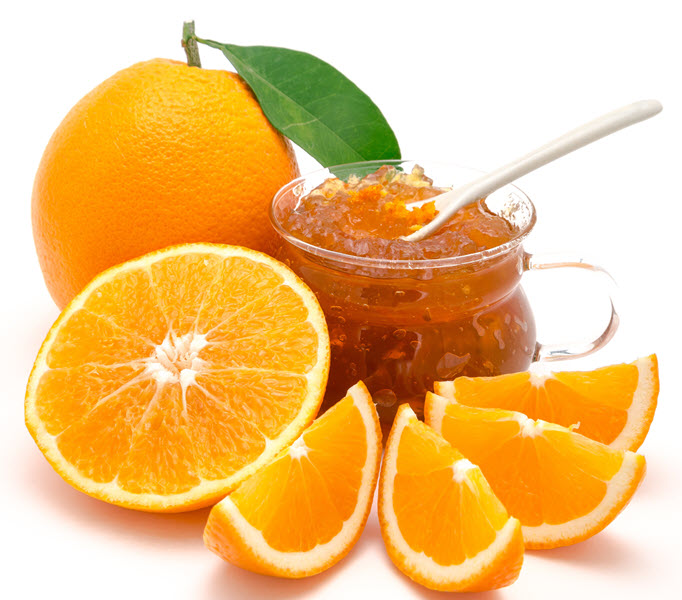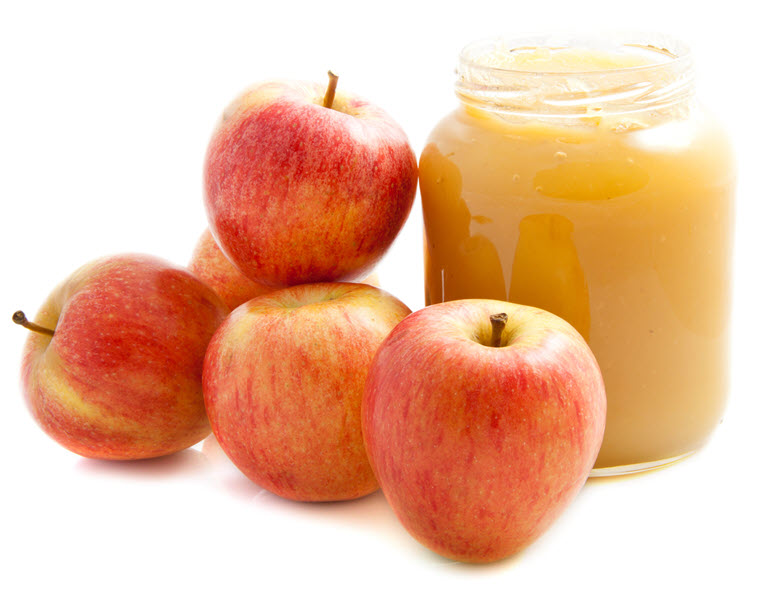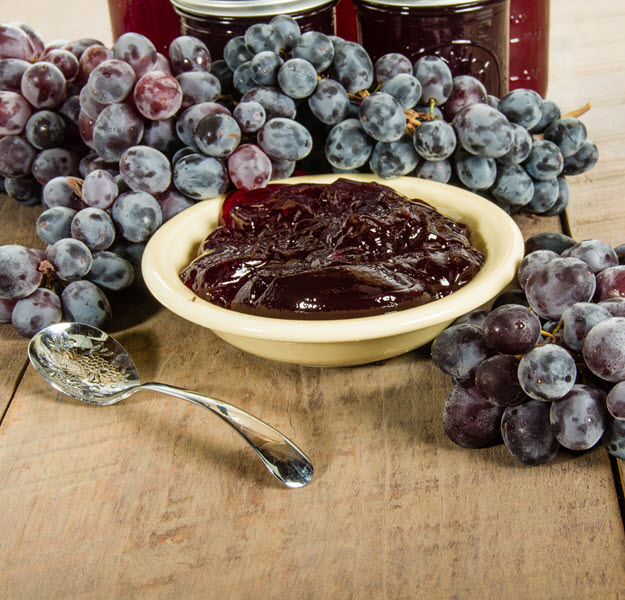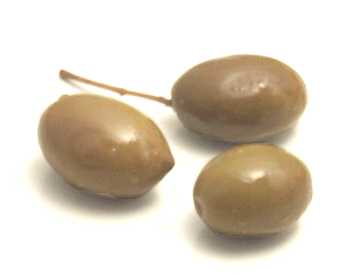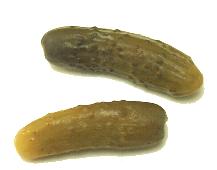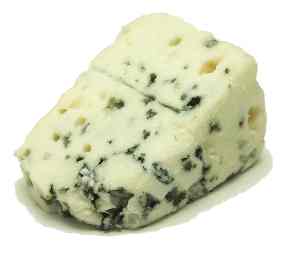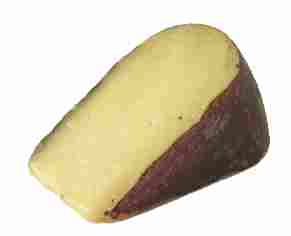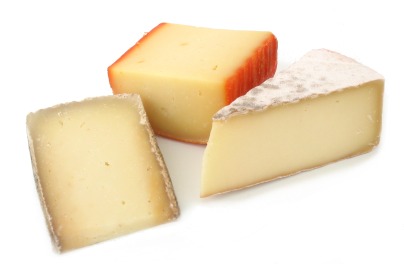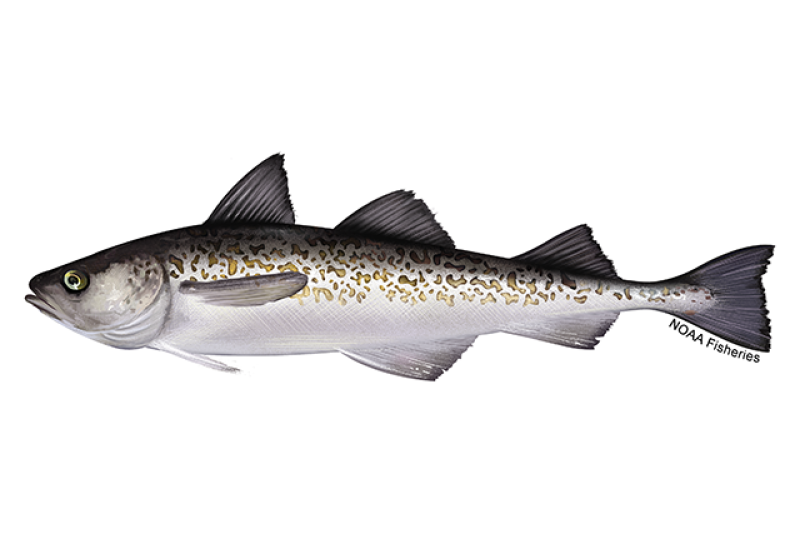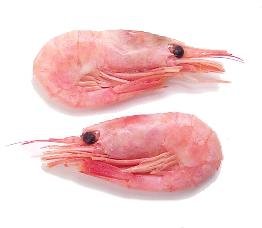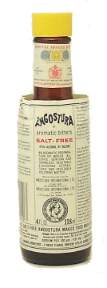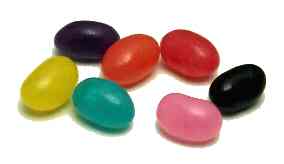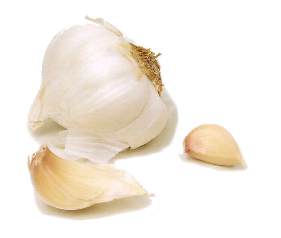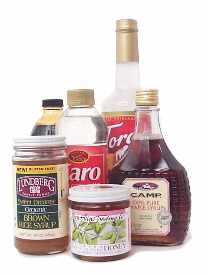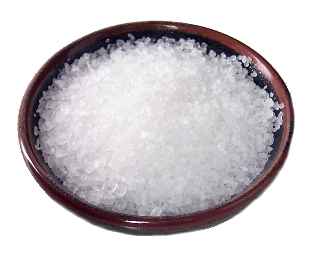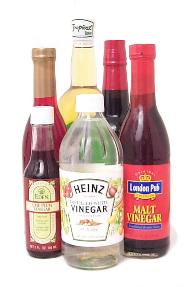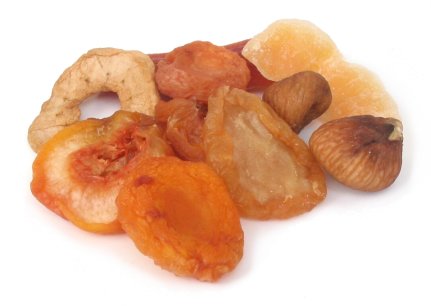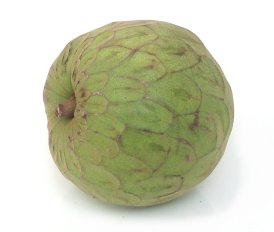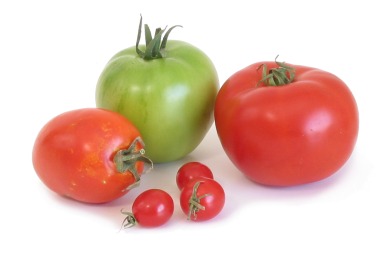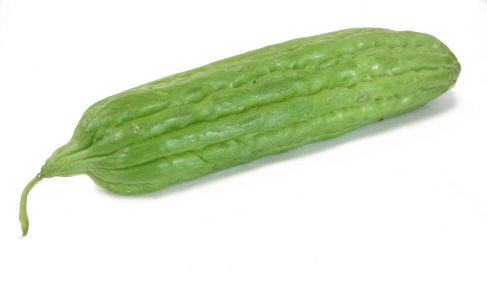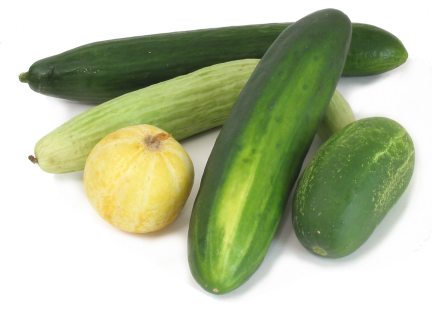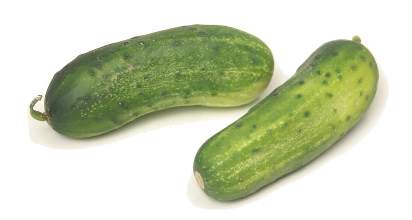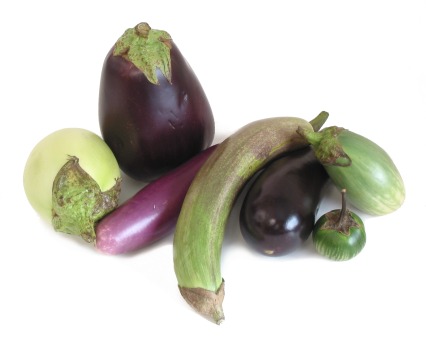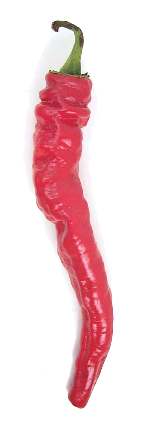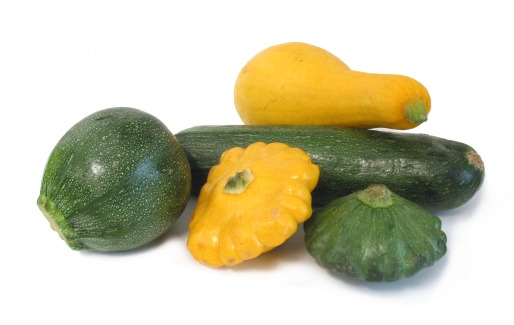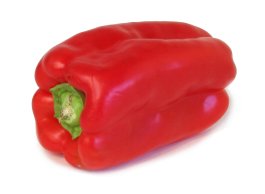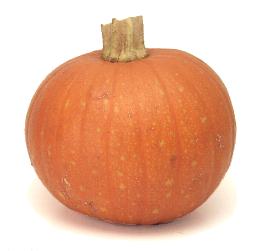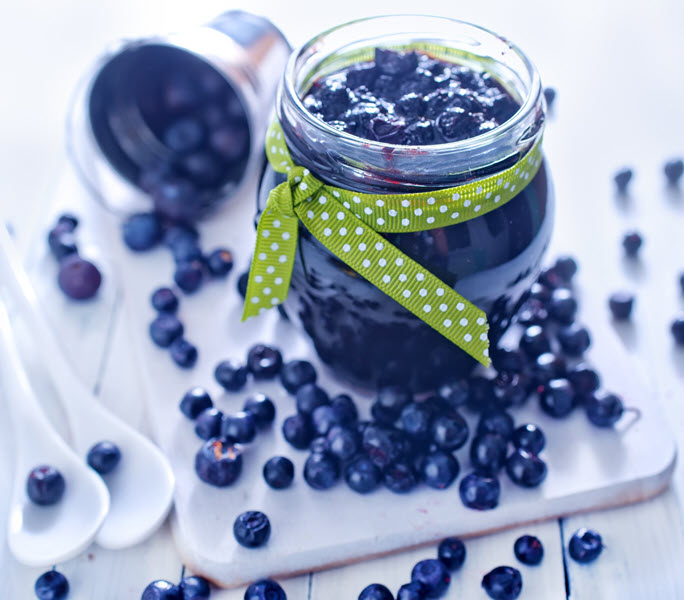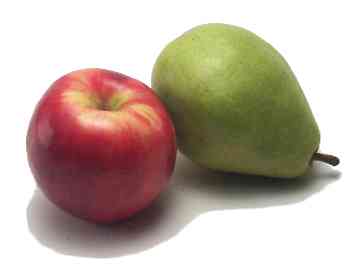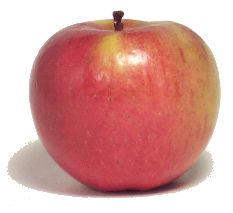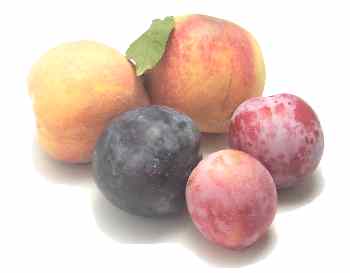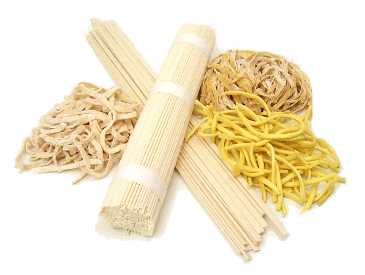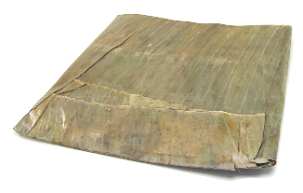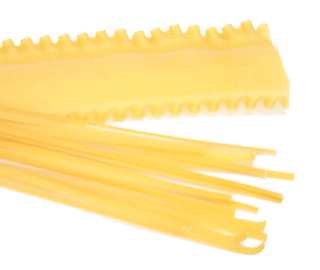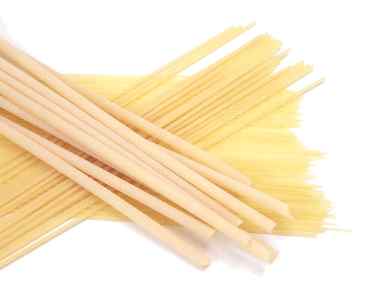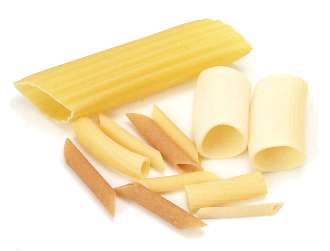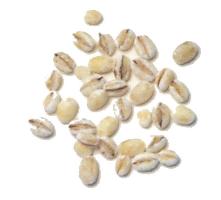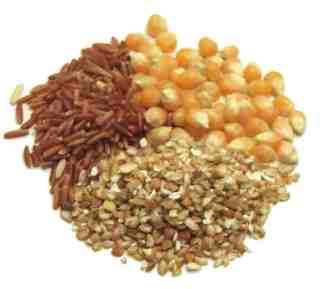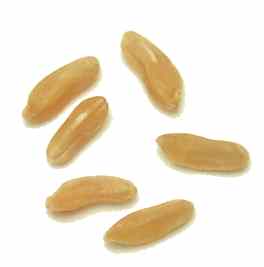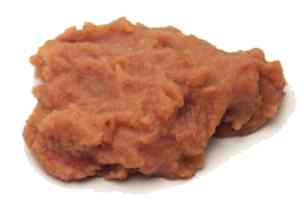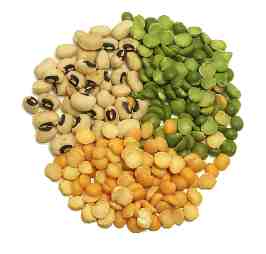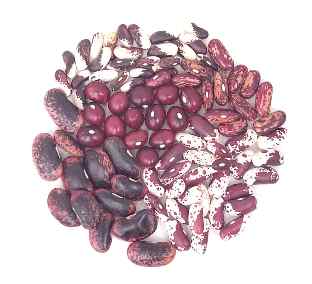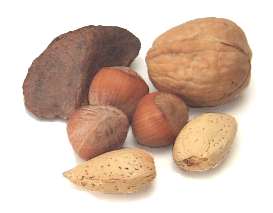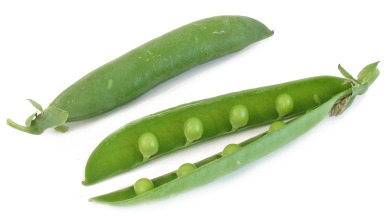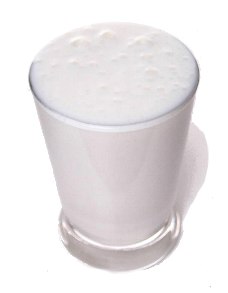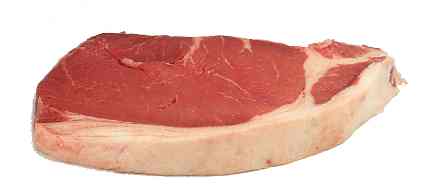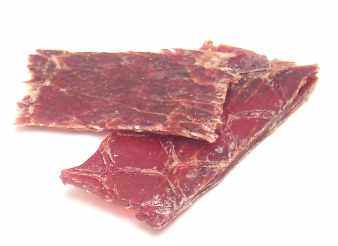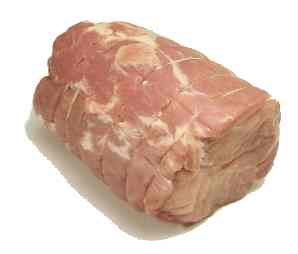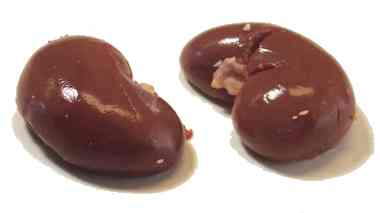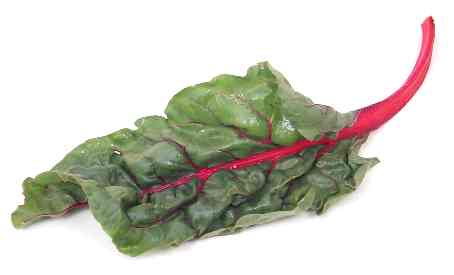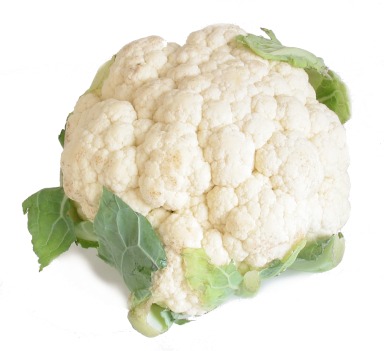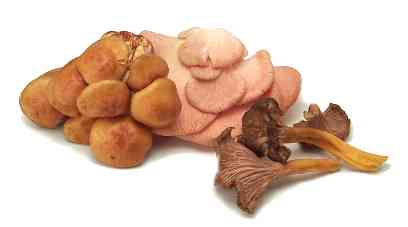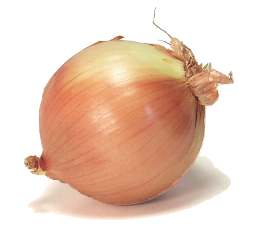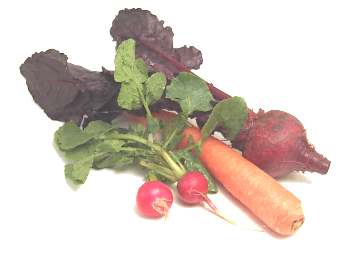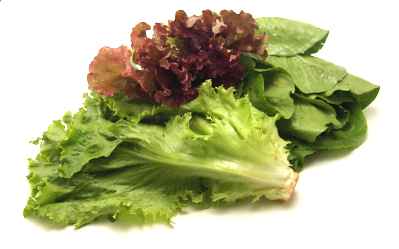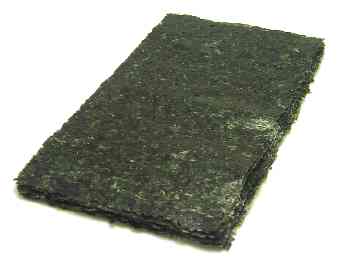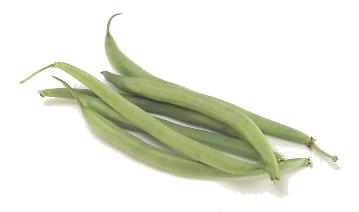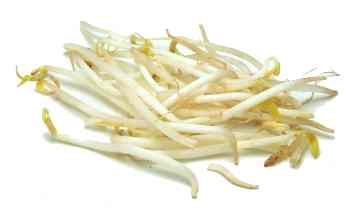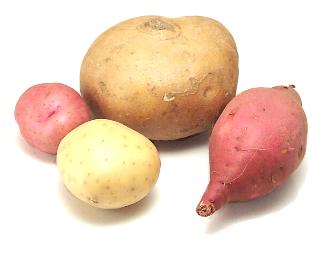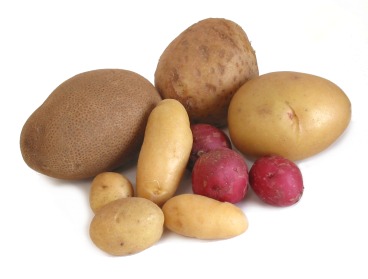All Ingredients
thin rice sticks
These are used throughout Asian in soups, spring rolls, cold salads, and stir-fries. They're similar to bean threads, only they're longer and made with rice flour instead of mung bean starch. Before using, soak the dried noodles in hot water until they're soft (about 15 minutes), then boil them briefly (from 1 to 3 minutes) and rinse with hot water. You can also deep-fry the dried noodles until they're crunchy and then use them in Chinese chicken salad, or as a garnish or bed for sauces.
Learn moreThompson seedless grapes
This is a sweet green table grape. It is also commonly used for making raisins.
Learn morethyme
This herb is widely used in Mediterranean countries to flavor stews and meat sauces. It's often used in combination with other herbs, like rosemary, parsley, and oregano. Use dried thyme only in a pinch--fresh thyme is far more flavorful.
Learn moreti leaves
South Pacific islanders use these to wrap food and to line the imu pits in which they roast pigs.
Learn moretia to
These leaves are purple on one side and green on the other. They have a pleasant, peppery flavor that tastes a bit like cinnamon. Vietnamese cooks often add them to soups at the last minute.
Learn moreTientsin fen pi
These thin round sheets resemble rice paper, but they're made with mung bean starch and used as noodles. Before cooking, soak them in hot water until they're soft, then cut them into noodles.
Learn moretocino
Tocino is Spanish for bacon, but in the Philippines, it refers to cured pork that's been marinated in a sweet red sauce. Look for it in Asian markets.
Learn moretoddy palm seeds
These are seeds from the toddy or jaggery palm. Sap from the same tree is used to make jaggery (a kind of sugar), wine, and vinegar. You have to cook them before you can eat them. People in Indian and Southeast Asia roast and split the seeds, then suck out the yellow gelatinous pulp inside. It's available frozen or canned in Indian and Southeast Asian markets. Be careful if you pick your own: the red fruit surrounding the seeds contains oxalic acid, which can burn your skin and do even more damage if eaten.
Learn moretofu
Tofu is cheap, high in protein, low in fat, and very versatile. You can eat it raw or cooked, but it's bland by itself and tastes best if it's allowed to absorb other flavors. There are several varieties of raw tofu, each with different moisture contents. Silken and soft tofu are relatively moist, and best suited for making shakes, dips, and dressings. Regular tofu has some of the moisture drained away, and it's best for scrambling or using like cheese in casseroles. Firm, extra-firm, and pressed tofus are even drier, so they absorb other flavors better and hold their shape in stir-fries and on the grill. Tofu is also available smoked, pickled, flavored, baked, and deep-fat fried.
Learn moretofu noodles
These chewy noodles look like a pack of rubber bands, but they're made from compressed tofu and packed with protein and nutrients. They're usually served in salads, soups, or stir-fries. Look for them in the refrigerated or frozen foods section of Asian markets. Dried tofu noodles are also available; before using, soak them in water mixed with baking soda until they soften, then rinse. Don't confuse these with bean curd skin noodles, which are darker and chewier.
Learn moretofu sour cream
This made with tofu, and it's lower in fat and more nutritious than ordinary sour cream. Look for it in health food stores.
Learn moreTokaj wine
Ordinary Tokay table wine is mediocre, but some Tokay grapes are affected by Botrytis cinerea, a fungus that pokes holes in their skins and makes them shrivel on the vine. This concentrates the sweetness and makes for an exquisite dessert wine. Look for bottles labeled Tokay Aszú, the Hungarian name for botrytised Tokay wine.
Learn moretomatillo
Tomatillos look like small green tomatoes encased in a papery husk, though they're not true tomatoes.They're pleasantly tart, and principally used to make Mexican salsas, particularly salsa verde. They're good raw, but many cooks cook them briefly in order to enhance their flavor. Frozen tomatillos are good substitutes for fresh. Store fresh ones in the refrigerator for up to a month, or cook them and freeze them.
Learn moretomato
With their rich flavor and mild acidity, tomatoes have worked their way into thousands of recipes. You can eat them raw in salads, salsas, or sandwiches, cook them to make sauces, stuff them and bake them, or grill them on skewers with other vegetables. Summertime is the the best season for tomatoes; those sold at other times of the year are often bland. Indeed, better cooks often prefer canned tomatoes for their sauces over fresh out-of-season tomatoes. Select tomatoes that are brightly colored, smooth skinned, and heavy for their size. Don't refrigerate tomatoes--it ruins their flavor. To learn about different varieties of tomatoes, click here.
Learn moretomato paste
Tomato past is made by reducing tomatoes to a thick paste and filtering out the skins and seeds.
Learn moretomato sauce
Tomato sauce is thinner than tomato paste and tomato puree. In Australia what Americans call catsup is often called tomato sauce.
Learn moretomatoes canned
Canned tomatoes include whole peeled, diced or crushed. They usually contain seeds. They may need to be strained to remove the seeds and extra water.
Learn moreTomme Crayeuse cheese
This soft French cow's milk cheese is rich and buttery. Don't eat the rind.
Learn moreTomme de Savoie cheese
This is a mild and pleasant French cow's milk cheese that's semi-soft when young, firmer when aged.
Learn moretongue
Cooked tongue is lean, meaty, and quite versatile; it works well in sandwiches, tacos, and casseroles. To prepare it, boil it in a stockpot, then plunge it in cold water and peel off the skin and trim the base of gristle and fat. You can then cut it into thin slices and serve it hot or cold. Since beef tongue = ox tongue and calf's tongue = calf tongue = veal tongue are larger and easier to slice, they tend to be pricier. Many markets also carry lamb tongue (pictured at left) and pork tongue. Different tongues can be used interchangeably in recipes though their cooking times vary according to their size.
Learn moretongue loaf
Delis often stock loaves of pork, lamb, veal, or beef tongues that have been cooked, pressed, jellied, and/or smoked.
Learn moretongues of fire bean
This bean is a close relative of the cranberry bean. Despite its name, it's not hot at all.
Learn moretonka beans
Tonka beans are the seeds of the Brazilian teak tree. They are black with a brown interior. Grated into desserts and stews in small amounts, they impart a complicated flavor mix of vanilla and almond. Tonka beans contain small amounts of coumarin, a chemical that can cause liver damage. It is now believed that in small amounts, it is not dangerous.
Learn more











